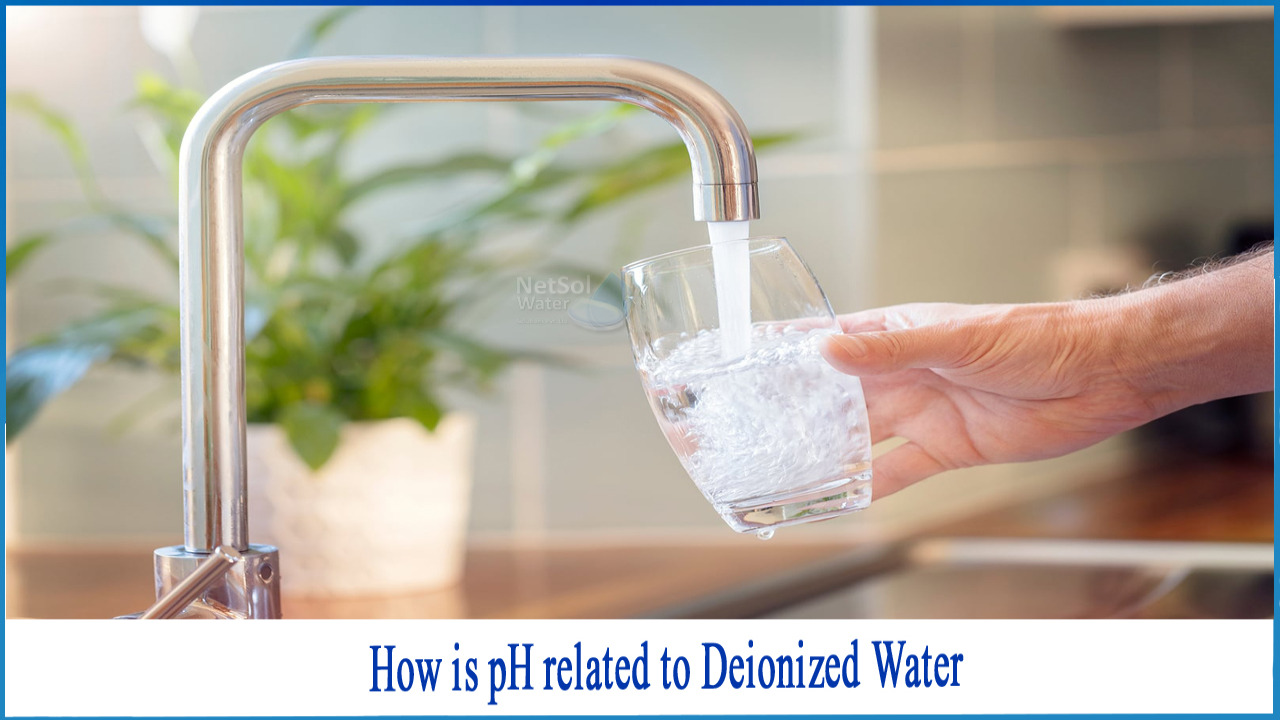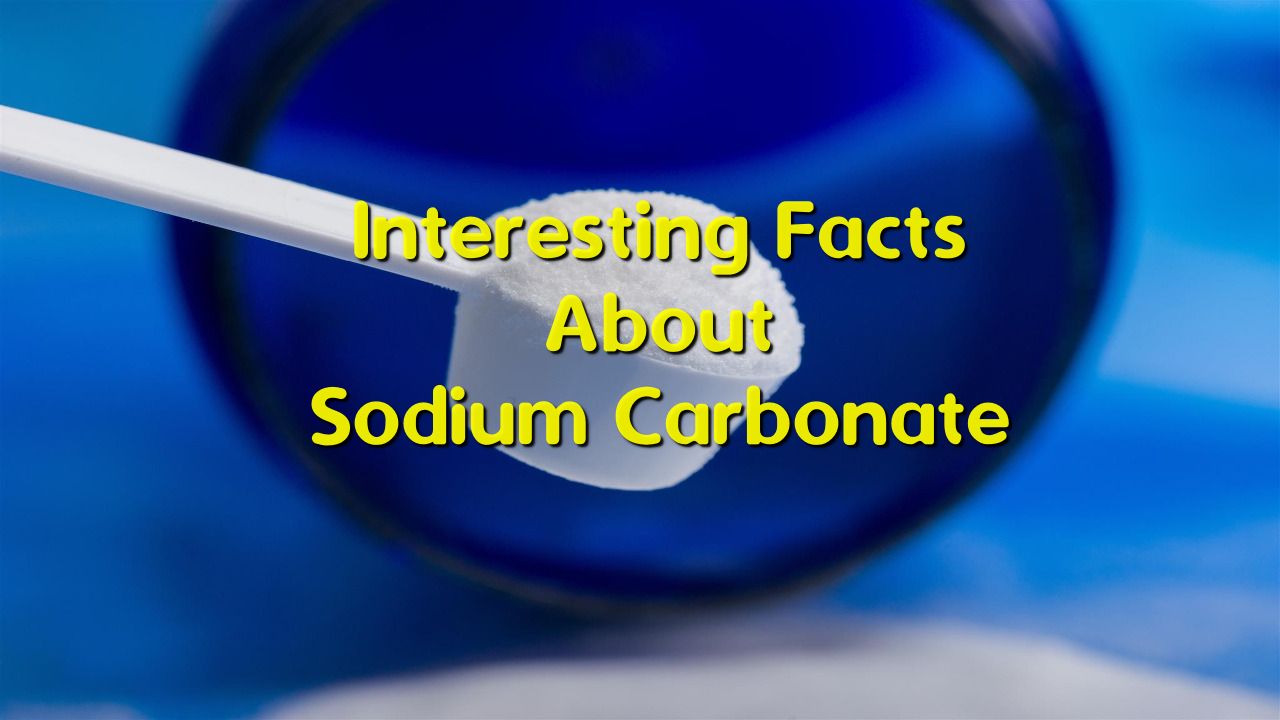Interesting Facts About Sodium Carbonate
Sodium carbonate, commonly known as soda ash or washing soda, is a versatile compound with various uses in industry, household cleaning, and even everyday life. Here are five interesting facts about sodium carbonate that highlight its importance and unique properties:
Natural Occurrence and Production
For centuries, sodium carbonate (natriumkarbonat) has been employed and can be naturally found in mineral deposits like trona and nahcolite. These minerals can be extracted and refined to acquire sodium carbonate. Nevertheless, the bulk of sodium carbonate is generated using synthetic approaches, notably the Solvay process. This method entails the reaction of sodium chloride, ammonia, water, and carbon dioxide to yield sodium carbonate.
Versatile Industrial Applications

Sodium carbonate plays a crucial role in various industrial applications. One of its most notable uses is as a key ingredient in the manufacturing of glass. It acts as a flux, lowering the melting point of silica and aiding the fusion of different components in the glass-making process. Sodium carbonate is also utilized in the production of chemicals, detergents, paper, and textiles. Its alkaline nature makes it an excellent pH regulator in many industrial processes.
Household Cleaning Agent
Sodium carbonate is a popular ingredient in many household cleaning products due to its remarkable cleaning properties. It acts as a powerful degreaser and stain remover, making it effective for removing stubborn stains from clothes and surfaces. When combined with water, it forms an alkaline solution that can break down grease and dirt particles. Sodium carbonate is also used in dishwashing detergents, laundry soaps, and bathroom cleaners.
pH Buffer and Water Softener

Another interesting fact about sodium carbonate is its ability to act as a pH buffer and water softener. In water treatment, sodium carbonate is employed to increase the pH of acidic water, making it less corrosive to pipes and plumbing systems. It also helps to prevent the formation of scale and mineral deposits. As a water softener, sodium carbonate reacts with calcium and magnesium ions, which are responsible for water hardness, and converts them into soluble compounds, allowing for better lathering and cleaning action.
Food Industry Applications
In addition to its industrial uses, sodium carbonate has numerous applications in the food industry. It is frequently utilized as a food additive, performing functions such as buffering, stabilization, and pH adjustment. When it comes to baking, sodium carbonate, commonly referred to as baking soda, acts as a leavening agent, aiding in the dough’s expansion. By reacting with acidic ingredients like buttermilk or lemon juice, it releases carbon dioxide gas, resulting in dough expansion. Sodium carbonate is also employed in the production of specific food items like noodles, pretzels, and cocoa powder.
In conclusion, sodium carbonate is a fascinating compound with a wide range of applications and uses. From its natural occurrence to synthetic production methods, its versatility in various industries, its effectiveness as a cleaning agent, and its role in water treatment and the food industry, sodium carbonate proves to be an essential and intriguing compound with significant contributions to our everyday lives.


